How to build an effective salesman resume
Sales is one of the oldest professions in the world. Those who excel at sales can earn a high in-come, and have a tremendous amount of control over their daily activities. To become a good salesman you need a great resume. On top of that, you must learn how to form trusting relationships with your customers, obtain knowledge and advice from others, and meet or exceed your sales goals.
Sales professionals are responsible for selling goods or services to customers and clients. Some perform the job functions independently, while others work as part of a team. They must possess strong communication skills and be able to think on their feet. They may face rejection many times before making a sale and know how to respond to it professionally. Most salespeople earn a salary plus commissions, but must make a minimum number of sales each month, quarter or year, and may receive financial benefits like bonuses if they exceed those goals.
Fast decision making is also something that is required. As mentioned above, there are different salespeople based on the segment they focus on; some specialize in building relationships while others focus on closing big deals. Salespeople can focus on either consumer or business-to-business sales, depending on their industry and past experience. Below is an overview of what a successful salesperson looks like in each of these segments.
If you’re just starting out in the job market or you have recently made the decision to pursue a career in sales, there are several steps to take in order to stand out and land that dream job. Do your research, gain experience and use your training to give yourself an edge against other job seekers.
1. Winning the game of sales
Here are the steps necessary for success in sales.
The more experience you have, the better. You need to spend time doing in-depth research into the company that you want to work for. Research who the top managers are and if they like their staff. Research the competition to see what they charge for similar services and products. What sets the company apart? The more knowledge you have of their business model, the better prepared you’ll be for the interview. Researching your company’s customers and prospects also allows you to better anticipate problems that may come up during the sales process.
Learn to write persuasive yet concise notes and elevator pitches: Get ready to sell. Each prospect you speak with is a potential client. Make sure to position yourself as an expert in your field so that you can differentiate yourself from others. Even if they don’t hire you on the spot, you can strengthen your sales ability and impress your future boss.
2. Develop the necessary pitch
Selling isn’t always about your product. It’s about your ability to sell yourself and your abilities. The pitch should be so impressive that you are able to sway the prospect to the point where they’re ready to sign on the dotted line and place an order.
Follow up the pitch with conversation: After you make your pitch, it’s time to recieve feedback. This conversation should make it very clear about what you can offer the prospect and why it is a good idea to choose you over your competition. Likewise, when you start to gain momentum with your clients, keep them engaged by asking them questions about their business.
In doing so, you’ll be able to build rapport, establish trust and make the process much easier for the prospect. Just like pitching to potential clients, the first step to a sale is awareness of your value. If you can provide value to the prospect, you’re more likely to get hired.
3. Ensure your resume reflects your investment
Sales is a long-term game, so be prepared to take many steps before you make it work. Re-search your industry, competitor and prospect. If your'e making your pitch, do so with as much knowledge as possible. Prioritize the prospects you want to work with and get a feel for their business models.
Use your resources. Having the right tools at your disposal will help you uncover hidden opportunities and new leads. Keep your options open and don’t close a deal until you have a commitment in place.
There are no quick fixes for making sales, but improving your skills can make a huge difference in your ability to do so.
4. Gain practical experience
Whether you’re looking to land your first job or start building your career, seeking out as many opportunities as you can can is the first step to success.
Online job boards, cold calling, networking and continuing education are all ways to gain relevant experience and expand your networks. However, hiring managers are starting to look for candi-dates who have proven experience, so it’s important to consider what you’ve done before.
Before applying for a job, do some research and review your resume for what skills you may have. With a strong resume, you can help employers see your strengths and showcase your abil-ity to perform.
During the interview, when you’re talking about your previous experience and what you can bring to the table, you’ll be able to impress your boss and make a good first impression. You can then follow up with a thank you letter or email to further thank your interviewer.
By investing the time to do the research and make the connections that are necessary to land a job, you’ll be able to earn that coveted foot in the door and start generating opportunities.
5. Work hard, be passionate, learn from your mistakes
Odds are, you didn’t get into your first job, internship or business because you have amazing skillset or great experience. You got in because of your passion, drive and tenacity for what you’re doing.
If you don’t take the time to focus on what you love doing and what you’re good at, you won’t stick around long. It’s a part of life that many people tend to overlook. No matter your goal, keep this in mind, you can’t succeed if you don’t make your intentions known. If you don’t understand your end goal, you’ll always be waiting for your chance to shine.
Start with what you like to do and what you enjoy. Do something every day that energizes you. When you’re passionate, you’re more likely to leave an impression. When you leave an impres-sion, you can potentially land a job that may not have initially been your goal.
As you gain traction with your career, you’ll make more mistakes. You may get burnt out, or maybe you’ll find yourself lost in the mire of an unfulfilling career.
If you’re starting to feel like you’re struggling, take a break from the rat race and step away to refocus on what matters. Not everyone is fortunate enough to have the luxury of stepping away and taking time to figure out what you really want to do with your life. If this sounds like you, you’ll need to use what you’ve learned up to this point to find a new direction.
If your goal is to get a job and make money, it’s important to understand your competition. You may want to start looking for opportunities within industries where you think you have a competitive advantage. For example, if you know you’re a great developer and you have experience working in the tech industry, consider looking for opportunities to build your reputation within your industry.
If you have a passion for law, you may want to look for opportunities in law firms. You may have experience working in law, or a law school education can be helpful. Just make sure to list out your “bread and butter” skills and stick with what you’re passionate about.

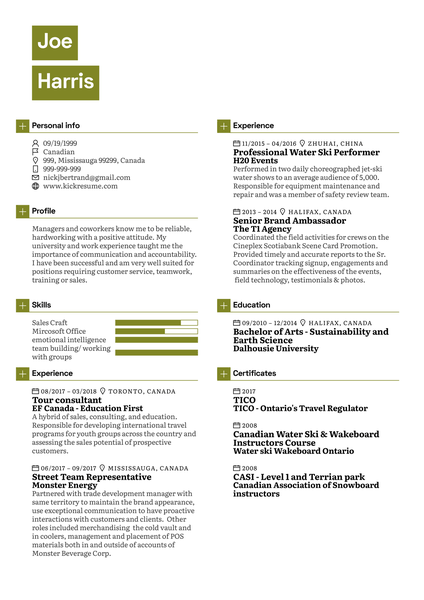
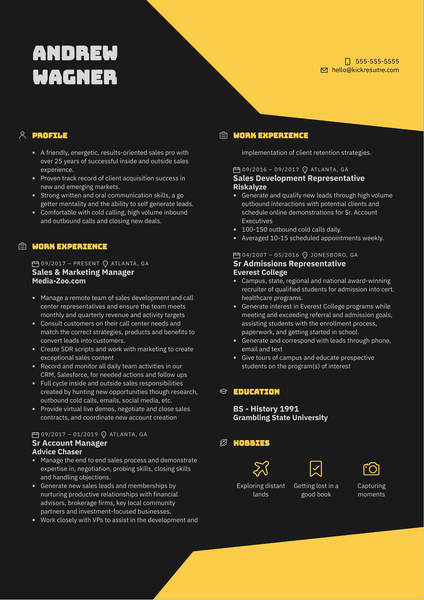




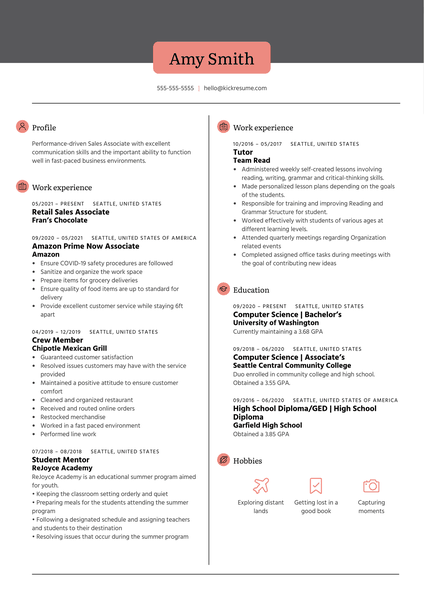



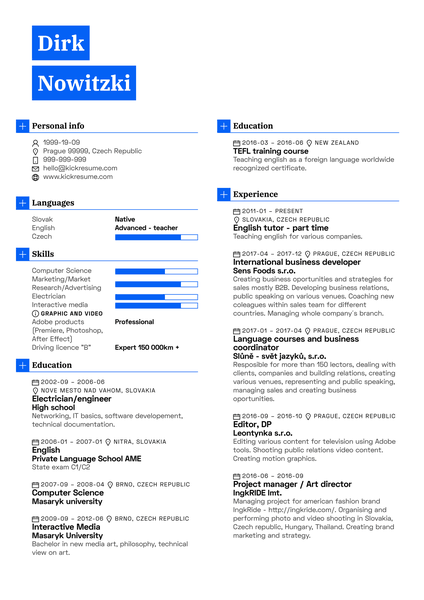

![Sales Specialist Resume Example [IT]](png/thumbnail-1945.png)
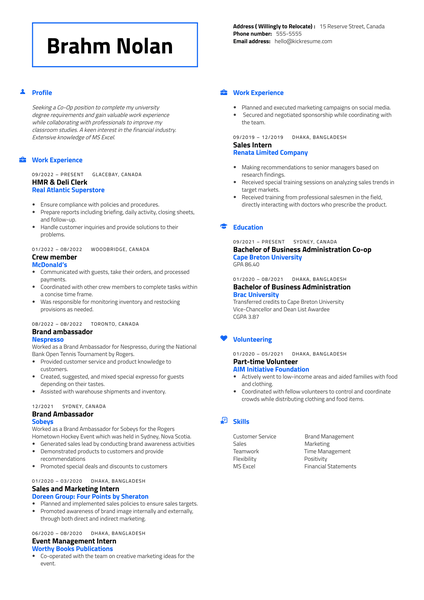

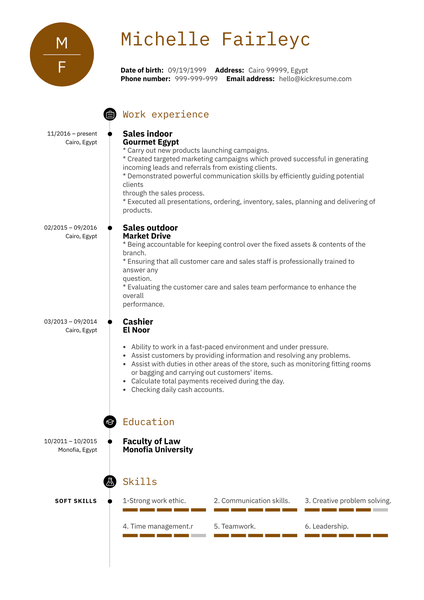

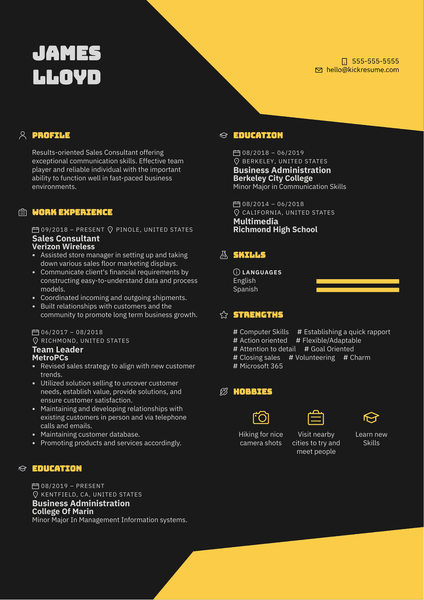

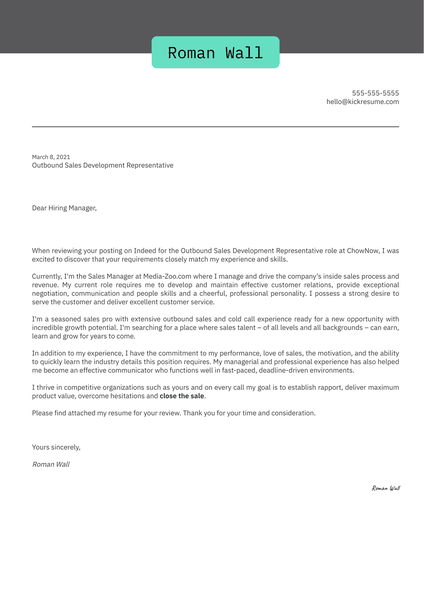


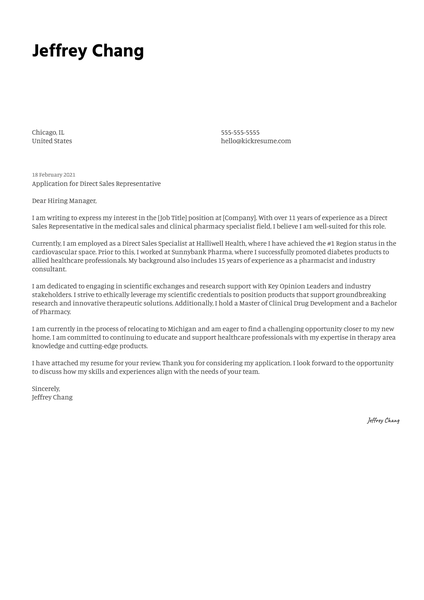
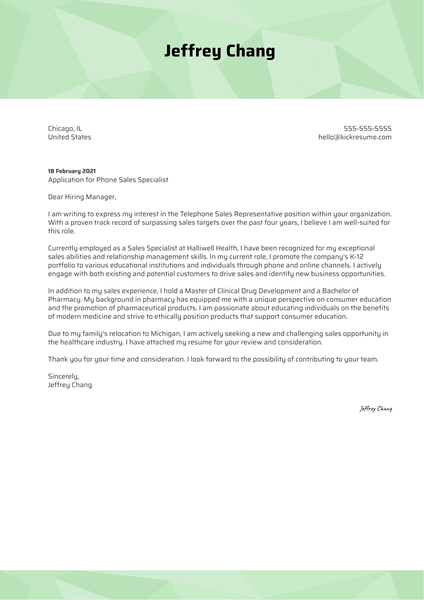
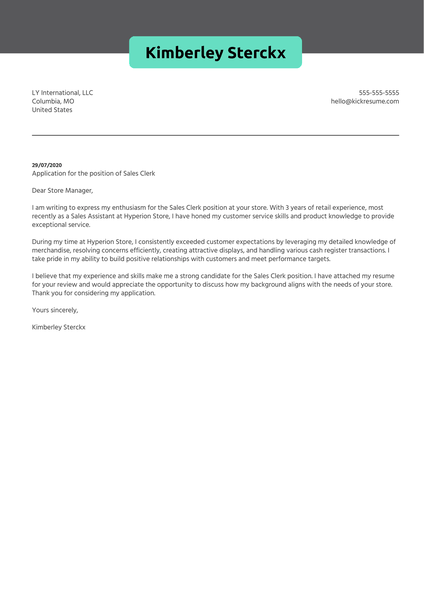
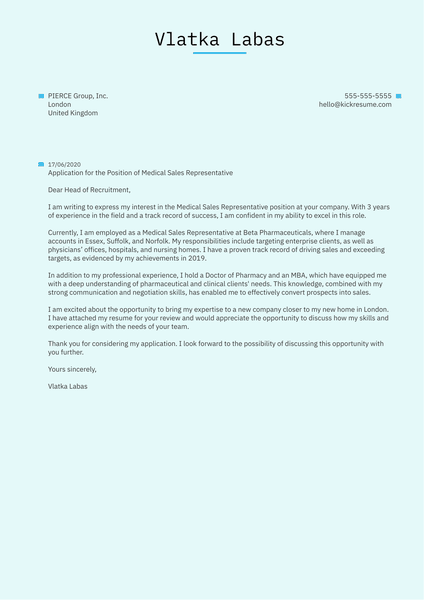
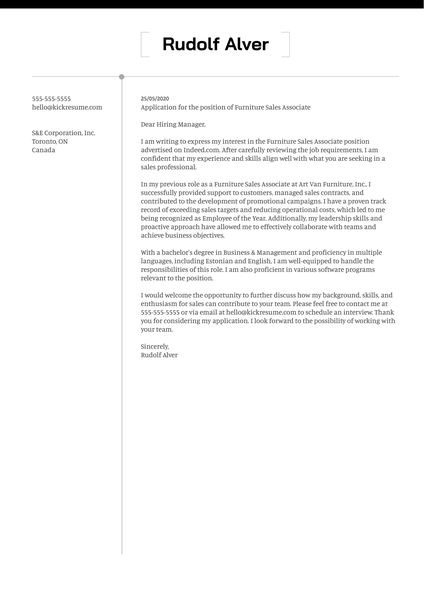

![How to Write a Professional Resume Summary? [+Examples]](https://d2xe0iugdha6pz.cloudfront.net/article-small-images/i-Profile.svg)
![How to Put Your Education on a Resume? [+Examples]](https://d2xe0iugdha6pz.cloudfront.net/article-small-images/i-Collage-Universities.svg)
![How to Describe Your Work Experience on a Resume? [+Examples]](https://d2xe0iugdha6pz.cloudfront.net/article-small-images/Experience.svg)


